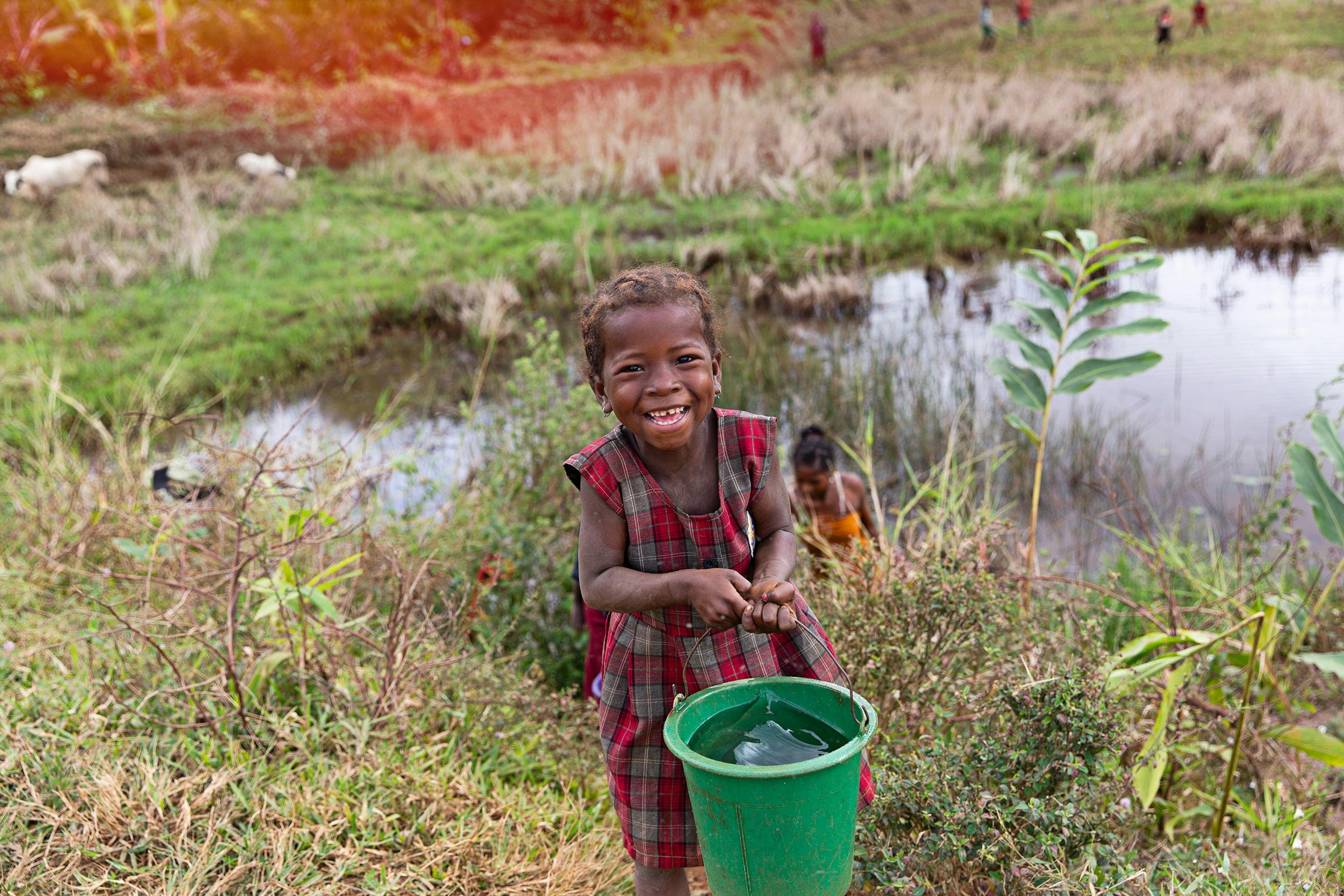
The Power of Petition
Home
Stories
The Power of Petition
Petitions are a symbol of group strength and a unified voice. Whether started by few or many, all petitions taken to Parliament in Aotearoa get their moment with the Government of the day. No matter what. People need and deserve to have their voices heard, regardless of how many signatures a petition might have. What’s more, anyone can start a petition.
The right to petition is a fundamental democratic right that has empowered individuals and groups to grab the attention of communities and of decision makers, bringing about real action and change throughout the ages.
These three significant movements in Aotearoa’s history show the power of collective voice and action.
A spark for te reo Māori
In 1972, a movement sparked by a passionate group of students re-ignited the flames of Te Reo Māori with a petition to Parliament - demanding the NZ Government prioritise the revitalisation of the Māori language.
It was met with an overwhelming show of solidarity and signed by 33,000 kiwis.
This petition directly led to the establishment of Kōhanga Reo (early childhood education immersed in Māori language and tikanga), Kura Kaupapa (Māori-language immersion schools), and played a pivotal role in creating Māori Language Day, which later evolved into Te Wiki o te reo Māori (Māori Language Week).
The impact of Te Petihana Reo Māori / The Māori Language Petition extended far beyond the petition itself. It was the domino for numerous revitalisation initiatives that continue to strengthen the presence and relevance of Te Reo Māori today.
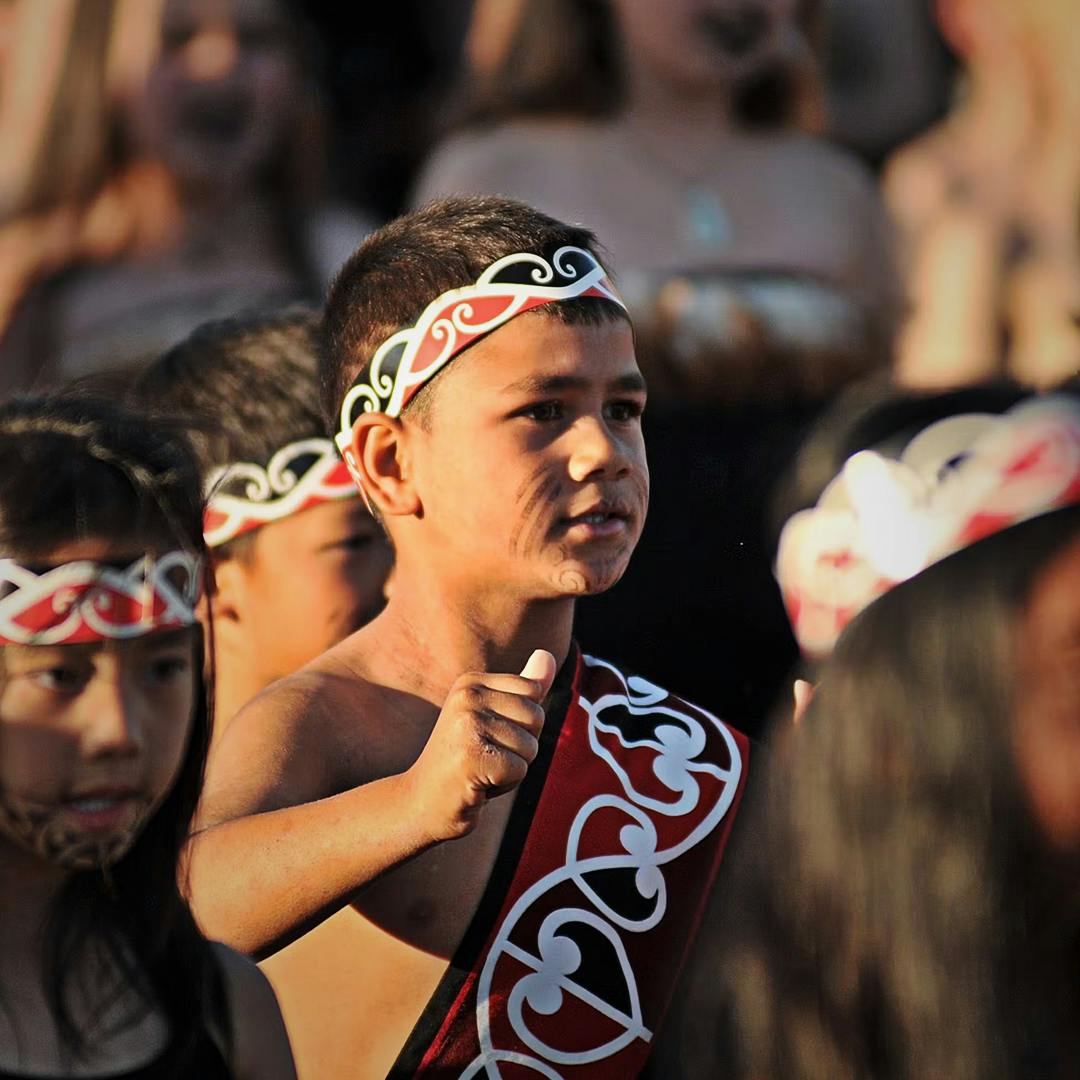
Making early moments count
All newborns need regular and attentive care right from the get-go as they're developing and growing faster than any other time in their lives. Everything from quality bonding time to, being fed, burped, soothed, put to sleep, or bathed, improves the present and future wellbeing outcomes of our wee ones. One crucial ingredient goes into this nurturing care: time. And time isn’t always easy to find.

That’s why the 1st of July 2020 was such a momentous occasion as a law passed to increase parental leave to 26 weeks - giving our newborns more time with their parents and a stronger start in life.
Relentless advocacy including petitioning together with overwhelming public support helped get this life changing Bill over the line.
This Bill was an important investment in families.
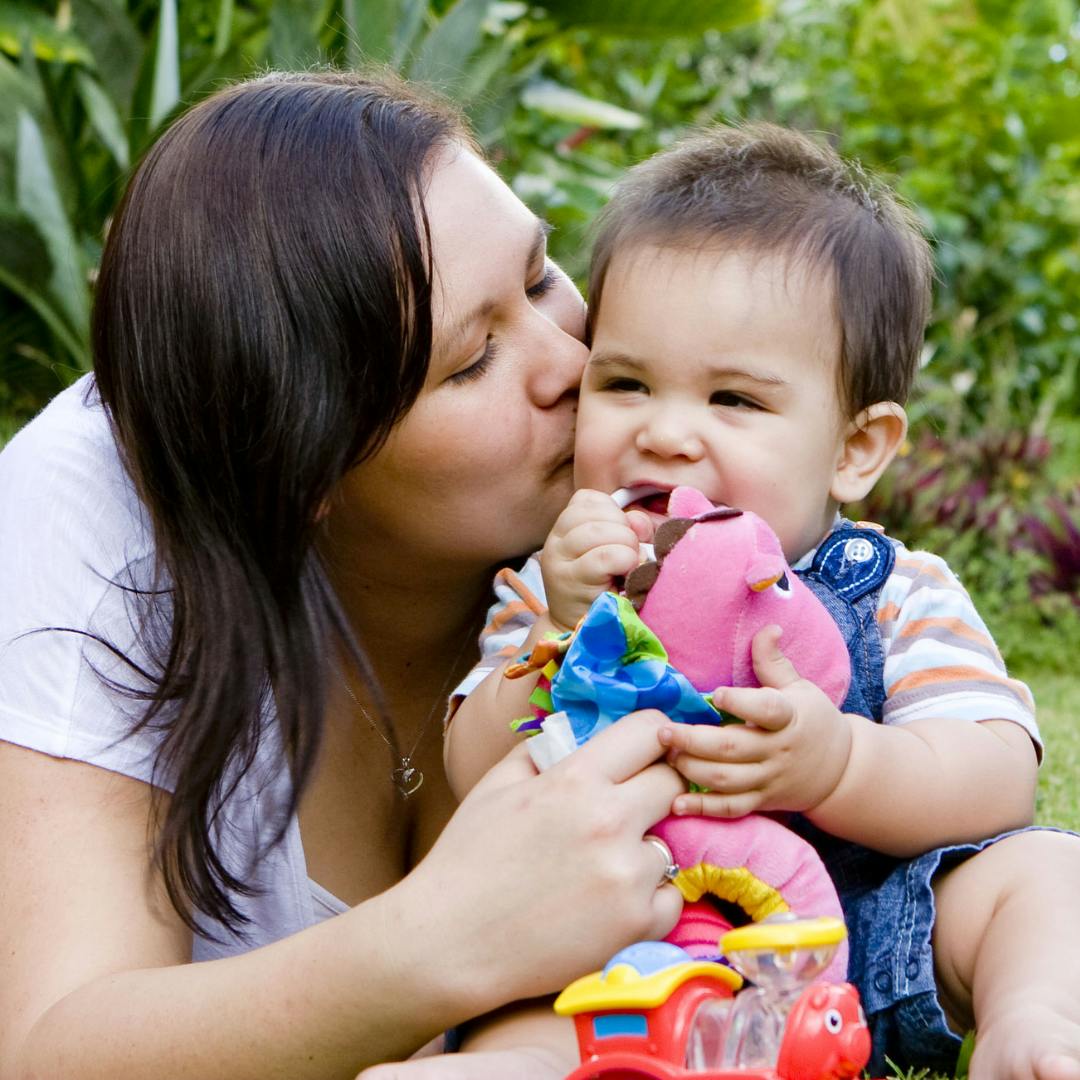
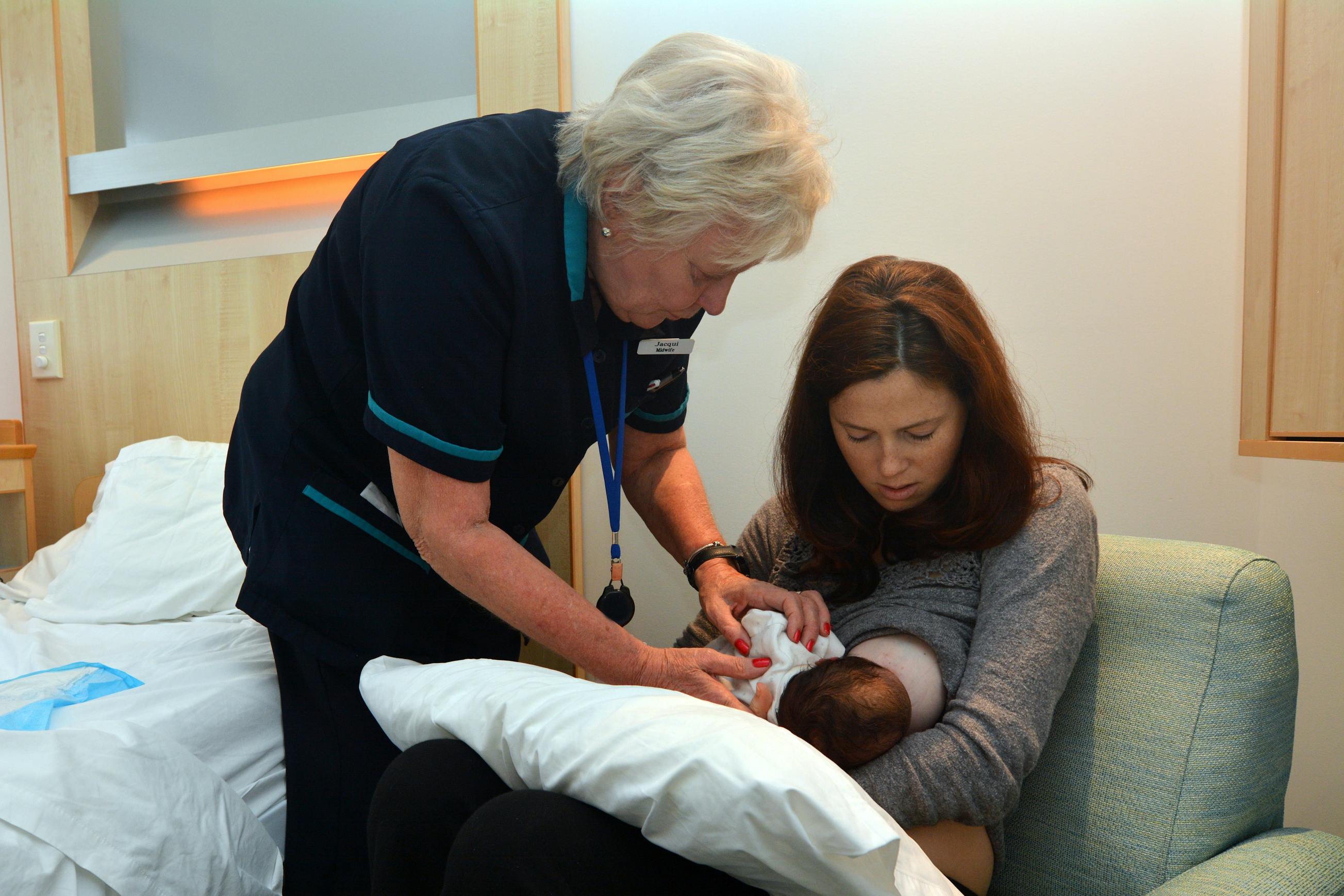
When the Bill was first drawn in 2012, parental leave was only 14 weeks. Now, primary caregivers can spend a full six months at home with their precious pēpi. Family-friendly policies like paid parental leave ease the enormous pressure on the shoulders of caregivers. This has significant benefits on their mental health – and by extension their tamariki.
Petitioning, campaigning, submissions, postcarding and even a protest picnic helped to sway the Government to change the legislation. Though the work doesn’t stop here. We need to keep striving for better as we chase the likes of Sweden's 480 days of parental leave, one of the most family-friendly policies in the world. This precious extra time not only affords parents more financial security, but greater flexibility to support and care for their kids.
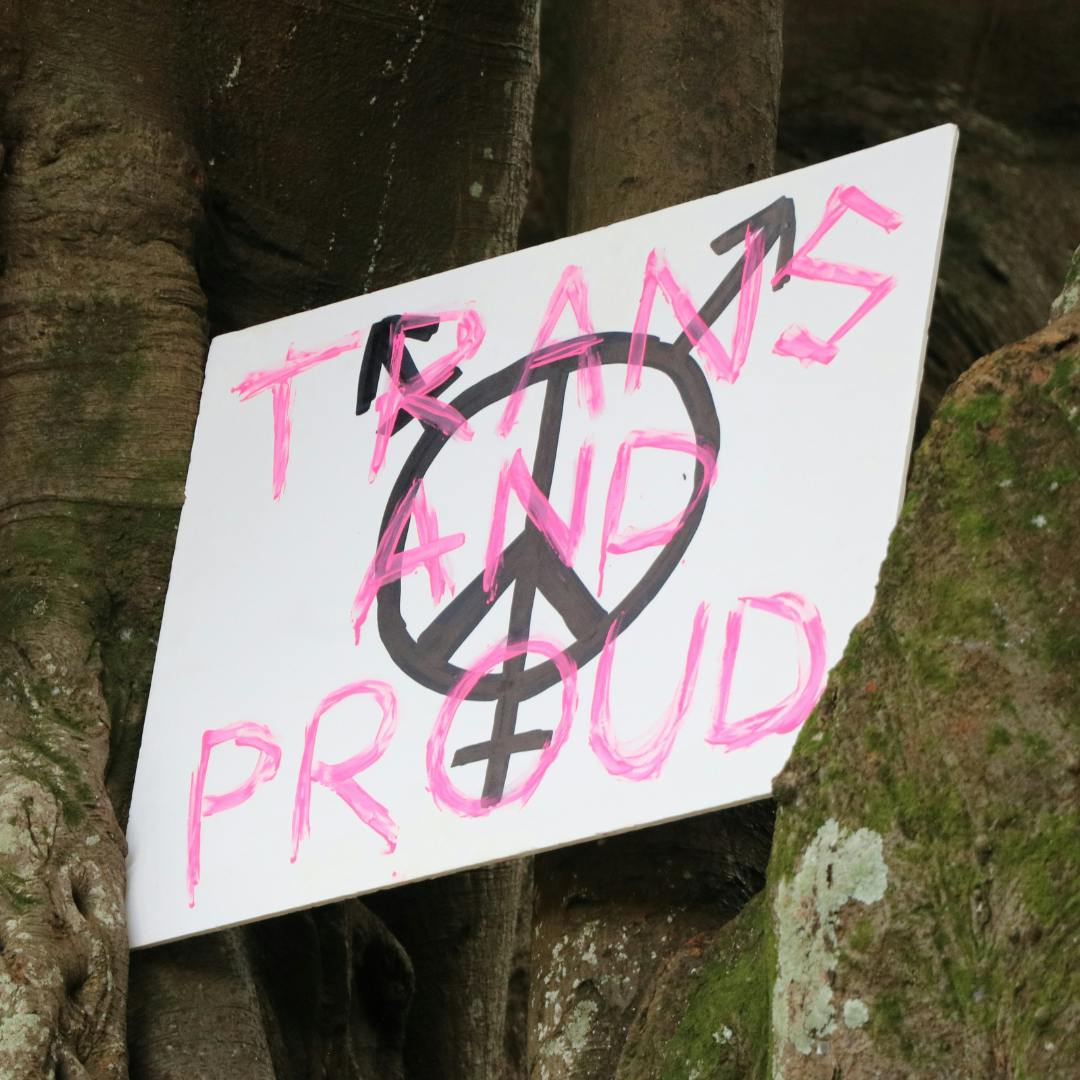
Protecting queer communities
In a near-unanimous vote in 2022, New Zealand lawmakers passed a Bill banning ‘conversion therapy’ - a dangerous and widely discredited practice that seeks to change or suppress a person's sexual orientation, gender identity or gender expression.
The journey towards banning ‘conversion therapy’ was characterised by the outpouring of public support. The Bill received a record-breaking 107,000 submissions - a number never seen before in New Zealand's legislative history. With the addition of the Greens Party's petition of over 150,000 signatures to support the ban it was very clear - the people wanted ‘conversion therapy’ banned now!
What made this campaign truly extraordinary was the diverse group of supporters: religious communities, medical organisations, mental health advocates, students, educators, parents - people from all walks of life - came together and rallied behind our LGBTQI+ whānau, sending a powerful message that conversion therapy had no place in our society.
It was a triumph for equality and human rights.
Change happens when people get involved, engage, and come together to demand it. Petitions may start small, and don’t always guarantee Bills becoming law, but they can lay the first stone to building something truly momentous.
Through the power of signatures and social media sharing, petitions can raise awareness, generate momentum, and ultimately influence decision-makers to take action.
The ability to rally individuals behind a cause, whether it's environmental conservation, social justice, or public health, highlights the significant role petitions play in driving positive change and fostering a sense of unity within communities worldwide.
Looking to start your own petition, write to your local MP, or start positive change with your peers - Get stuck in here!
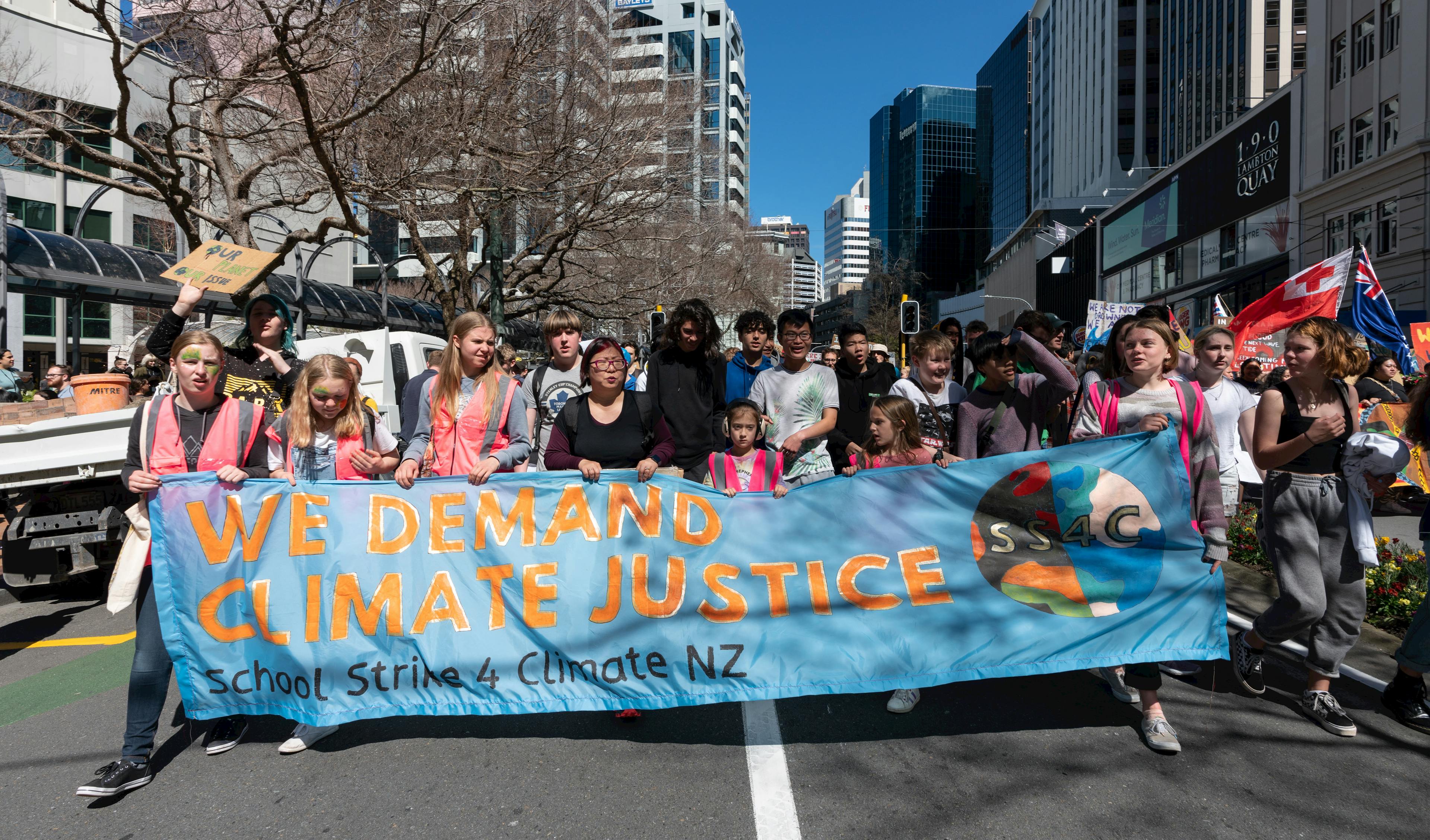
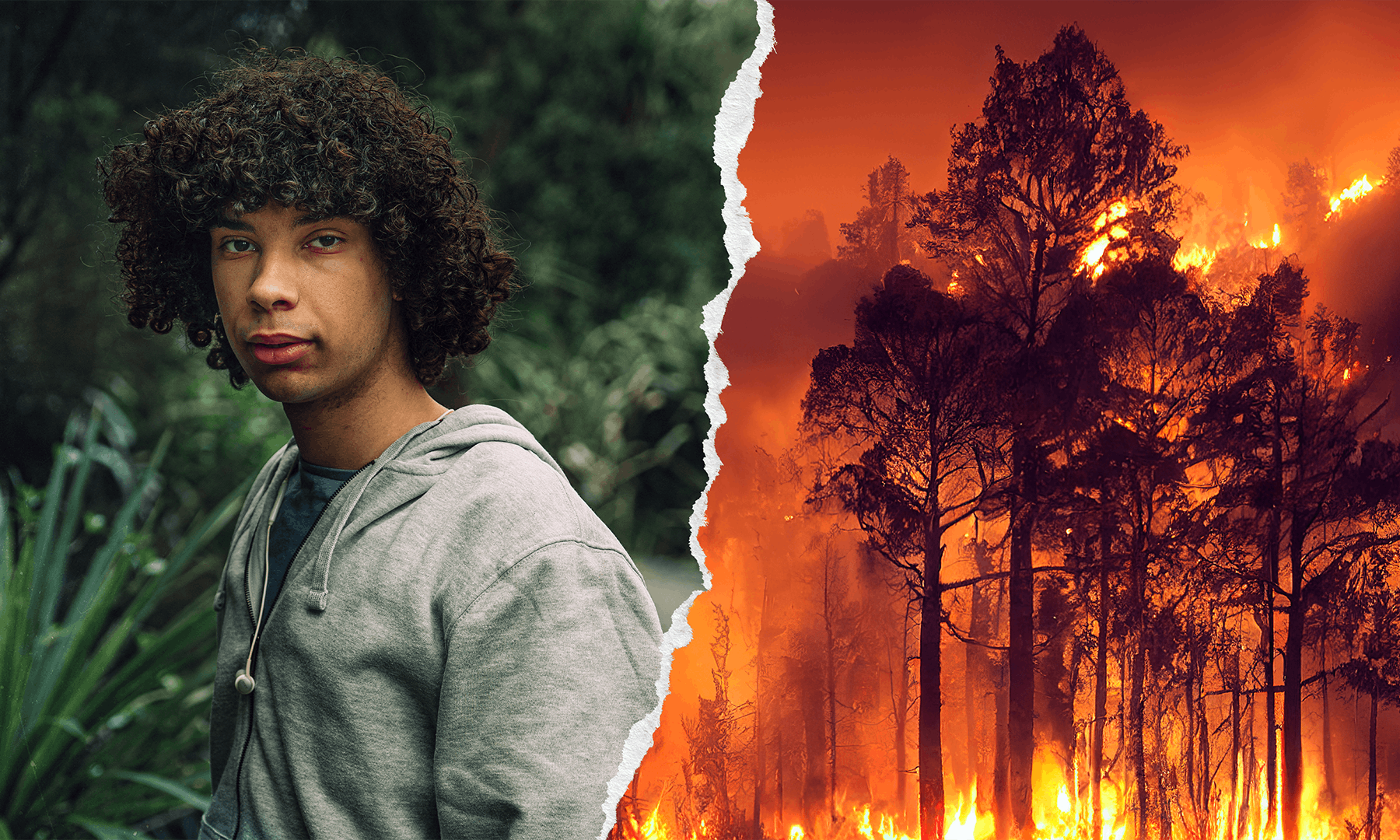
Amplifying Youth Voices on Climate
Children and young people have a critical voice in shaping the response to the climate crisis.
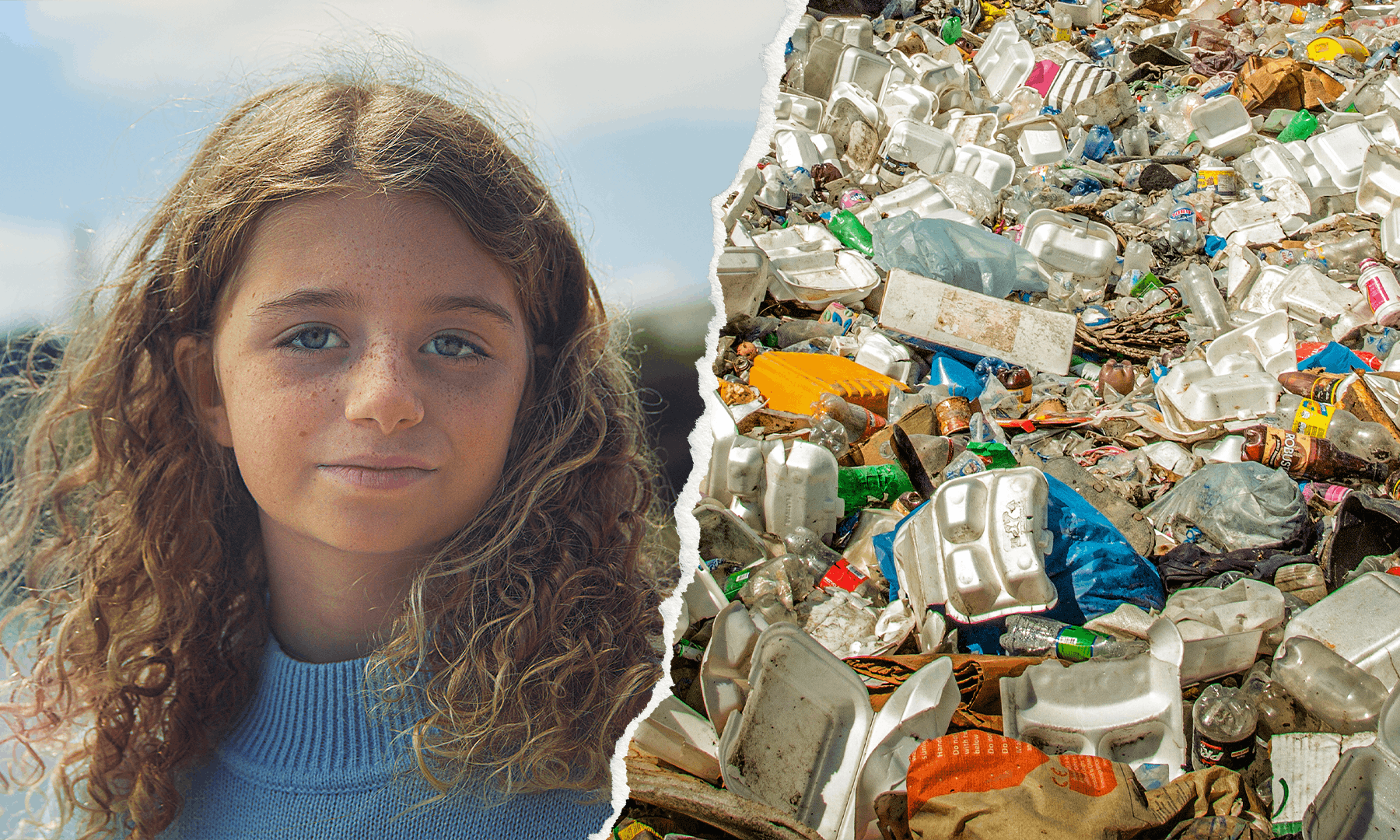
Putting Children's Futures First
Children and young people are the least responsible for the climate crisis, but they’ll continue to bear the heaviest burden. The Declaration of Children, Youth and Climate Action is putting children at the centre of climate action and policy to protect their futures.
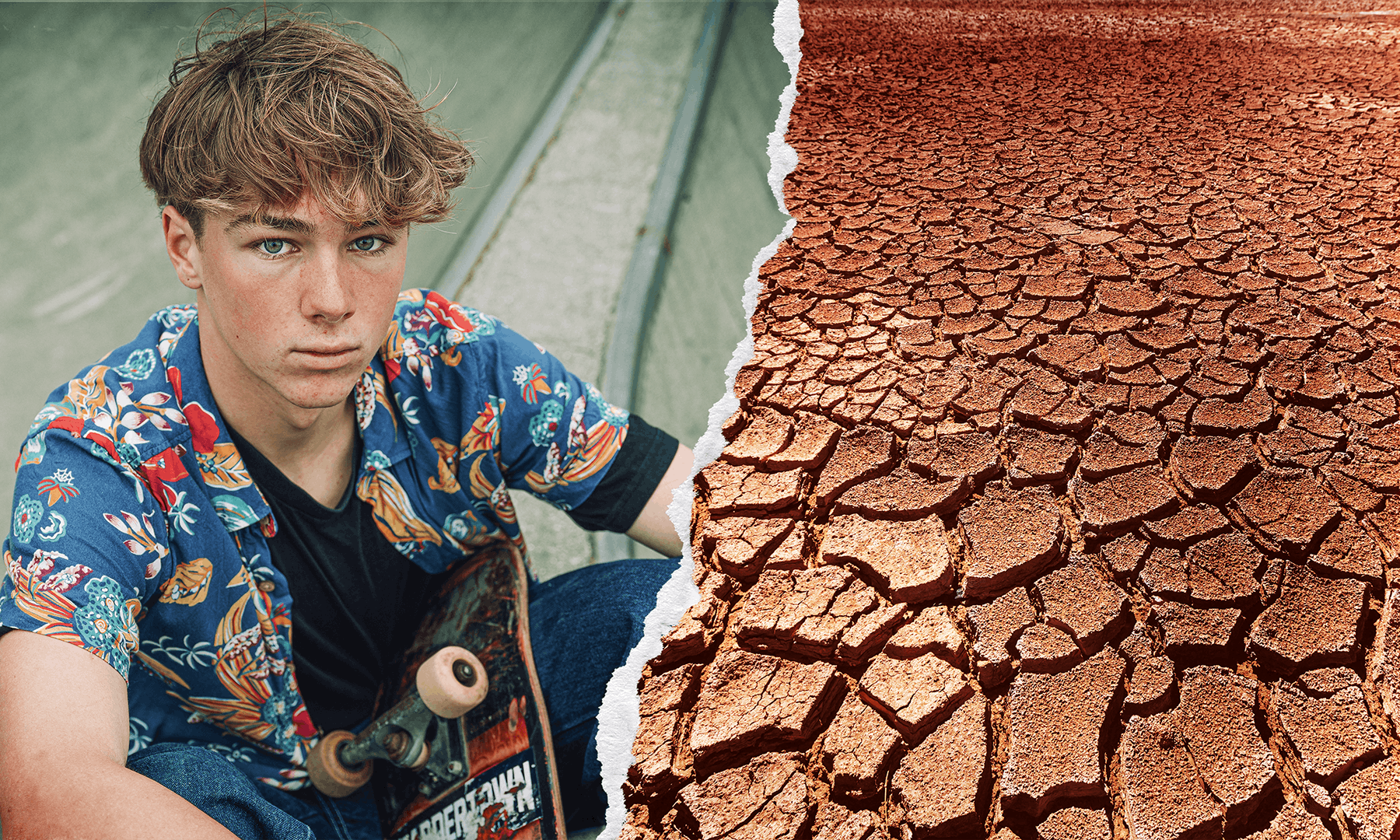
Declaring for Climate Action
We’ve created a petition asking the New Zealand government to declare the climate crisis a children’s emergency in parliament.
